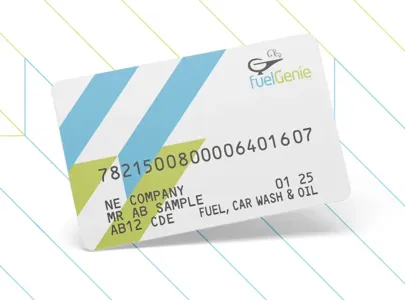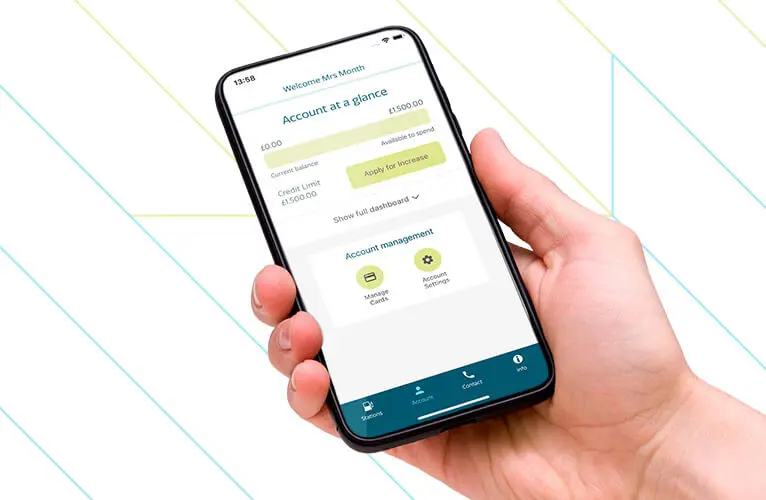
The UK’s rural areas, with sweeping landscapes and tight-knit communities, present unique opportunities for fledgling businesses. From local tradespeople to food production to ecotourism, rural businesses are increasingly shaping the nation’s economic landscape. However, these enterprises often face logistical challenges that can impede their growth and addressing these barriers is crucial to unlocking the full potential of rural entrepreneurship.
Discovering unique opportunities
Rural entrepreneurs enjoy several advantages, including access to local resources, niche markets and reduced competition compared to urban areas. For example, rural-focused tradespeople and local artisans are thriving as consumers seek authentic services and products that emphasise craftsmanship and sustainability. However, seizing these opportunities requires navigating complex logistical hurdles.
Facing logistical hurdles
Rural entrepreneurs often grapple with challenges such as limited infrastructure, sparse populations and high transportation costs. Some of the most pressing issues cause a huge number of start-up businesses to fail in the very first year.
1. Transport and connectivity
The lack of efficient transport links in rural areas makes it difficult for businesses to receive supplies and deliver products. Narrow country roads, limited public transport and higher mileage between destinations add significant costs and time to operations. For example, a rural bakery might struggle to deliver to nearby towns due to inconsistent courier services.
2. Fuel costs
With long distances to cover, fuel expenses can quickly eat into profits. Small businesses that rely on transporting their goods are particularly vulnerable to fluctuating petrol and diesel prices. Managing fuel is essential for these businesses to save money and stay competitive.
3. Digital connectivity
Although broadband access has improved, many rural areas still lack reliable internet connections. This limits access to online markets, cloud-based business tools and digital marketing opportunities. For example, a craftsperson selling handmade goods with slow internet speeds will be hindered when it comes to effectively managing an e-commerce store.
4. Workforce challenges
Rural businesses often struggle to find and retain skilled workers. Limited local talent pools and the difficulty of commuting to remote locations can create staffing shortages, particularly in highly specialised industries.
Finding the right solutions
Overcoming these obstacles requires a combination of innovation, collaboration and support from government and private sectors. However, there are some actionable strategies that individual business owners can take to boost their success.
Investing in transportation networks
Advocating for better road maintenance and rural public transport options can improve mobility for businesses and their customers. Entrepreneurs can also explore partnerships with local logistics providers to share transport costs.
Improving efficiency and cutting costs
Fuel efficiency is vital for rural businesses reliant on vehicles. Fleet management tools, like fuelGenie, can help entrepreneurs track fuel usage, reduce waste and control costs. fuelGenie offers fuel cards for small businesses which include low-cost supermarket fuel and easy monitoring which is particularly beneficial for small businesses managing multiple vehicles.
Embracing digital solutions
Rural entrepreneurs should prioritise adopting digital tools, even in areas with poor connectivity. Mobile-friendly platforms, offline-accessible software and social media can help bridge the gap. Continued investment in rural broadband by governments and private firms is also essential to levelling the playing field.
Collaborating with other businesses
Pooling resources and forming cooperatives can help small businesses tackle shared challenges. For instance, a group of rural producers might collaborate to establish a centralised distribution hub or invest in a pool vehicle, reducing individual transport burdens.
How fuelGenie can help:
Managing fuel costs is one of the critical concerns for rural entrepreneurs. This is where solutions like fuelGenie come into play – with fuel cards that give drivers access to low-cost fuel at major supermarkets Tesco, Morrisons and Sainsbury’s. By adopting these cards, rural businesses covering vast distances can make significant savings for smoother logistics.

- Lower operational expenses by saving on fuel costs
- Streamlined expense tracking with simple HMRC-approved invoices
- Simpler admin with 24/7 account management
- More control over driver spend by limiting additional purchase options
- Time savings with a petrol station finder and price checker on the app
If you believe your business could benefit from fuelGenie, apply now via our website. The process is quick and easy – we only require a few key personal and business details.
The future of rural entrepreneurship
Rural businesses contribute to vibrant local economies and sustainable development. This area holds immense promise for the UK economy, but logistical challenges must be addressed to realise its full potential. Policies promoting infrastructure development, access to affordable fuel and improved digital connectivity will be key to fostering innovation and growth.
By leveraging innovative tools, such as those offered by fuelGenie and advocating for improved infrastructure, rural entrepreneurs can thrive. Businesses that embrace sustainable practices and the latest tech are likely to lead the charge, setting examples for others to follow.


